Sport
Dollar
38,2552
0.34 %Euro
43,8333
0.15 %Gram Gold
4.076,2000
0.31 %Quarter Gold
6.772,5700
0.78 %Silver
39,9100
0.36 %Liberia’s new president Joseph Boakai promises to address the country's numerous challenges.
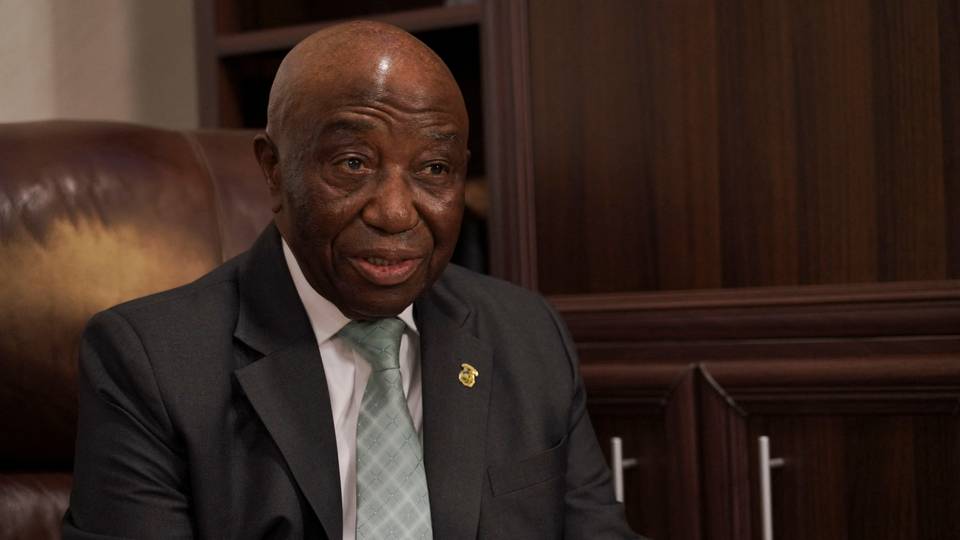
By Henry Karmo
Ambassador Joseph Nyumah-Boakai has been sworn in on January 22, 2024 as Liberia’s 25th president after his Victory in the October 2023 Presidential runoff election that saw him defeat incumbent President George Weah by a slim vote margin of a little over twenty thousand.
Outgoing Liberian President George Weah has been hailed for his sportsmanship for conceding to his rival in the presidential race - from across the country's political divide and internationally. He conceded three days before the official announcement by the country's election body, the National Elections commission (NEC).
The 57-year-old president's phone call to congratulate Joseph Boakai days before official announcement by the NEC saved the country, which has a history of brutal civil conflict, from months of political tension.
As a former Vice President of 12 years, he worked with Madam Ellen Johnson Sirleaf, Liberia’s first female president to get the country back on track after its 14 years of civil conflict.
They did so by rebranding the country's image through good governance that took into consideration the establishment of institutions to fight corruption and waste in government.
In six years, the George Weah government is accused by his critics of ensuring on breaking down some of the very good governance system setup by his predecessor by removing tenure from institutions that should be independent.
Boakai Challenges
The newly sworn in president, Joseph Boakai, is taking over Liberia at a time when the demand for development and better living condition is a first priority on the list of citizens demands.
Since his elections, there have been calls from citizens in local media demanding the new government to ensure that the outgoing administration is audited.
Doing so without it appearing as witch-hunt, and resizing the government workforce that was doubled by the Weah government will help instill the people’s confidence in Boakai's strong stance against corruption and wasteful spending in government.
President Boakai will also have to work on the challenge of funding a huge civil servants' wage bill. When President Weah took over in 2018, the wage bill of government was at US$297 million. In six years, he increased it to US$304.
The new president will also need to focus on addressing the George Weah government salary harmonisation strategy that reduced the minimum wages of civil servants and allegedly blotted payrolls at government ministries and agencies to accommodate their partisans and supporters in government.
Budget management
As he takes over the mantle of authority, he inherits a draft fiscal budget of six hundred twenty-five million, fifty-seven thousand united states dollars (625,57,000).
As per the draft instrument, US$ 2.43(Two million, forty-three thousand dollars) or 0.39 percent is projected to come from external resources while the proposed total expenditure for Fiscal Year (FY 2024) is 625.57 million in consonance with the projected resource envelope.
The recurrent component of expenditure is US$ 594.54 million, or 95 percent of the proposed expenditure, while the total cost of public sector investment is projected to be US$31.03, or 5 percent of the total proposed expenditure.
In the draft budget, available resources are focused on obligatory expenses of the total amount of US$ 594.54 million earmarked. The recurrent expenditure has been allocated and guided by the following order of priority: Debt services (Domestic and External), Compensation for employees, Grants, Goods and services for Education and Health Sectors among others. This is according to the country's Ministry of Finance.
It's in compliance with section 17.1 of Liberia's Public Financial Management Act. In the Act, the budget as a financial instrument should be scrutinised by the Legislature. The draft budget was submitted to the legislature earlier last week.
Beyond tuition fees
With such budget, president Boakai will have a task of beginning to address challenges in the health sector by ensuring that hospitals across the country are functional and medicine is available for patients who seek treatment.
To ensure that happens, he needs to address the welfare of nurses and doctors through benefits and salaries especially in rural areas.
In the education sector, he will need to go beyond George Weah’s tuition free access to public university and the payment of fees for 12th graders for the West African examination. He should ensure that teachers are paid handsomely to keep them in classes regularly.
The provision of quality education has been a major challenge because over the years, not much attention has been given the sector given the way teachers and school administrators were treated especially in public schools.
Students, especially those attending public schools, were made to stage protests demanding government to pay striking teachers their salaries to have them return to classes. In some instances, schools are still without seating capacity or stationery. If President Boakai is to improve the sector, he needs to pay attention to the little things that matter.
Foreign policy
In his first year in office, President Boakai will have the charge of rebranding an image of the country by telling the world that Liberia is once again ready for business and that it is no longer business as usual. He will need to convince potential foreign investors on why they should invest in Liberia.
He will need to ensure that the judiciary remains independent by not interfering into its work which could give confidence to the public and the world about why they can invest in Liberia and how the justice system works for everyone.
The author, Henry Karmo, is a reporter based in Monrovia, Liberia, focusing on local news and events. He writes for Frontpage Africa.
Disclaimer: The views expressed by the author do not necessarily reflect the opinions, viewpoints and editorial policies of TRT Afrika.
➤Click here to follow our WhatsApp channel for more stories.
Comments
No comments Yet








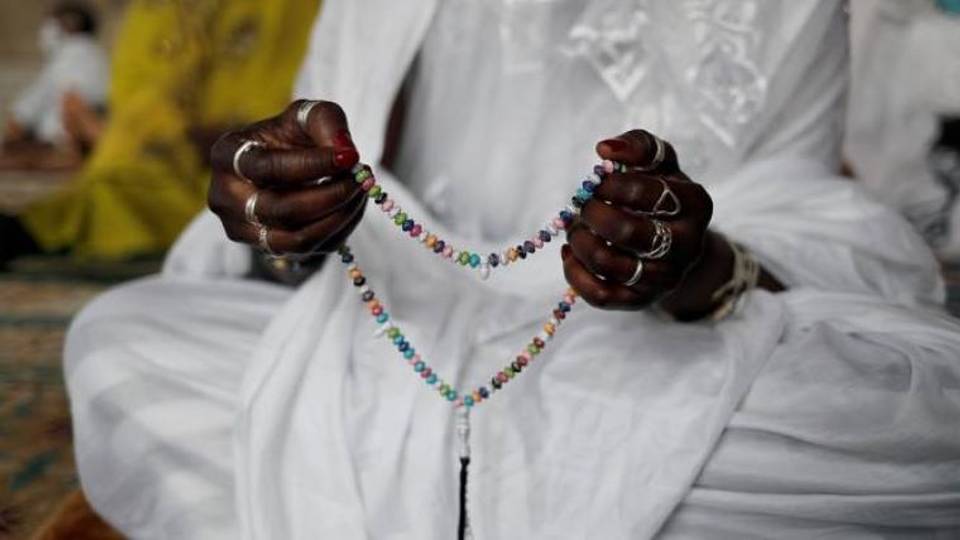
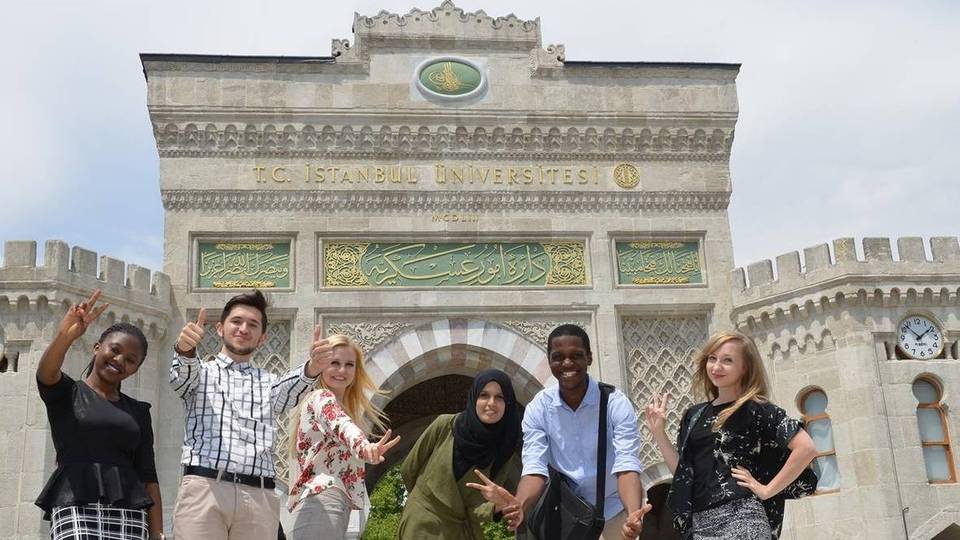
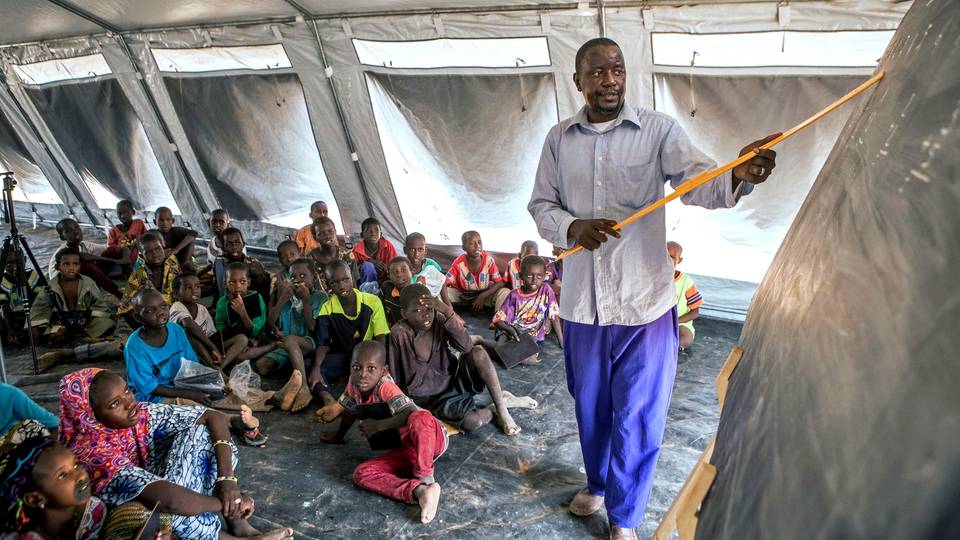
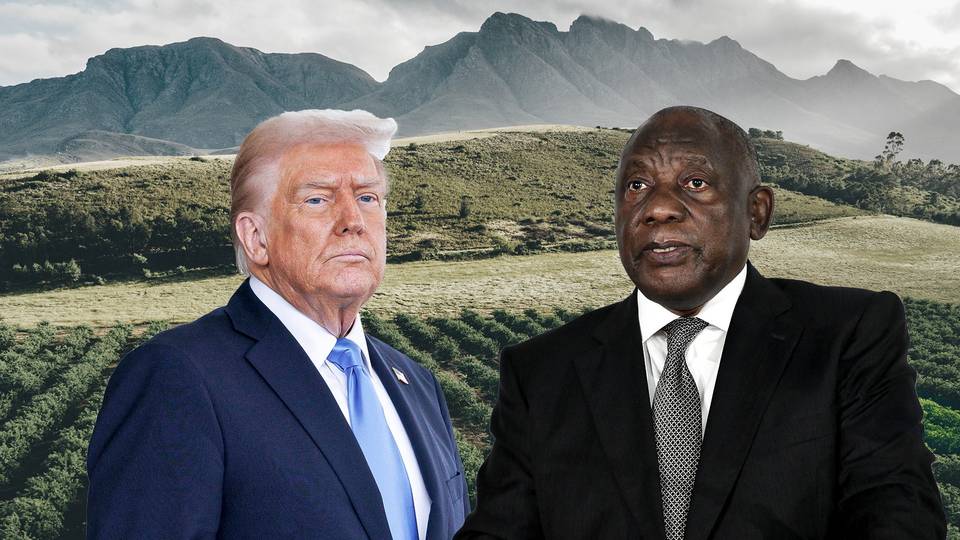








Comment